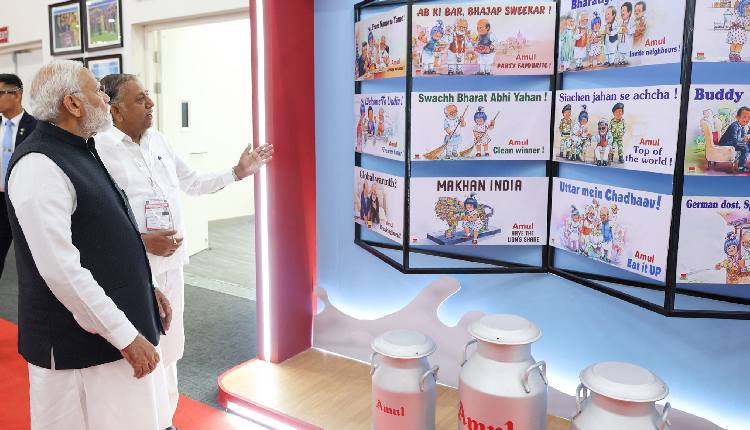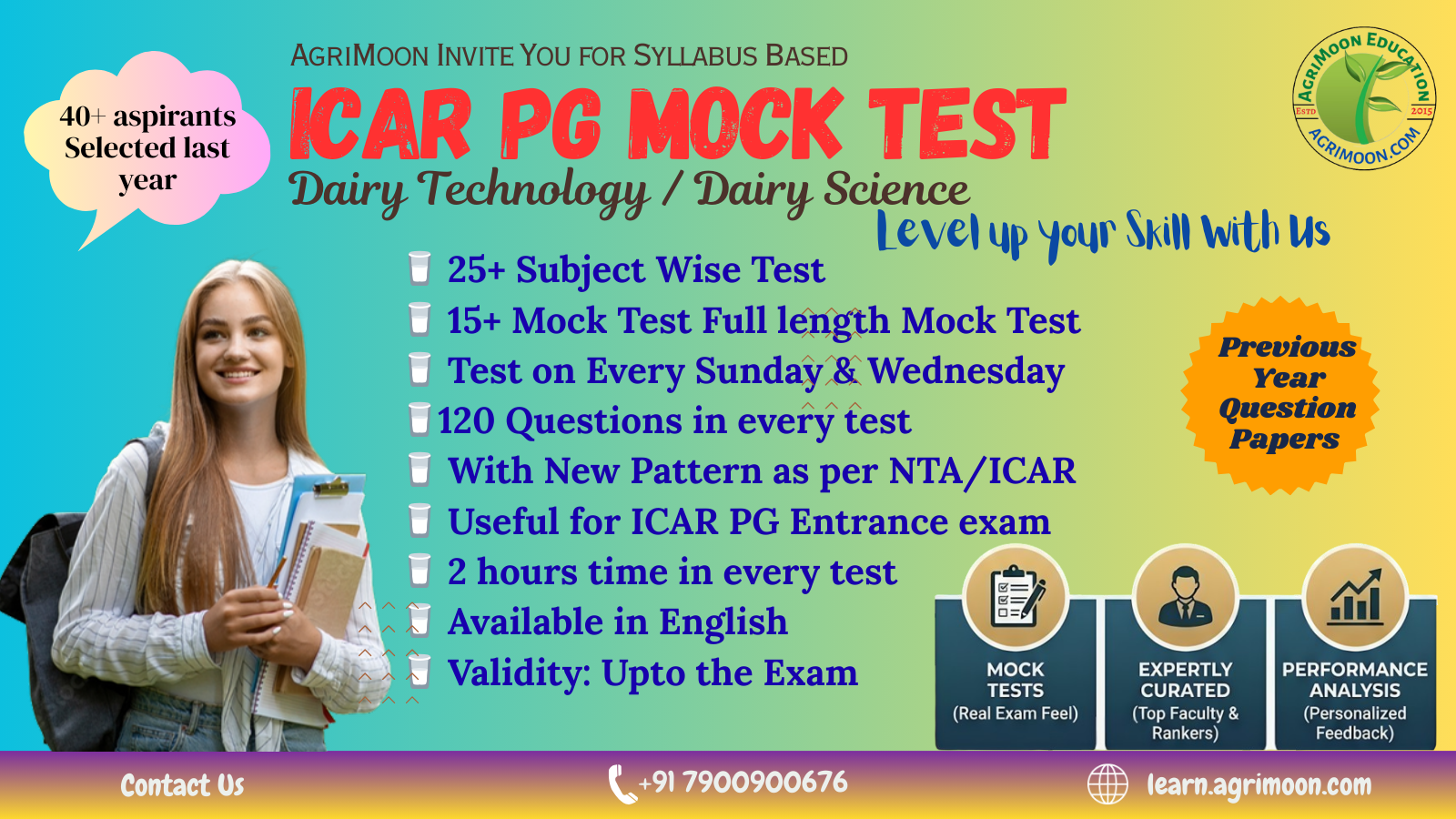India has made it clear that it will not bow to U.S. demands to open its dairy market. As trade talks between the two countries reach a critical stage, agricultural issues—especially dairy—remain major sticking points.

Experts back the government’s tough stance. Former Fisheries and Animal Husbandry Secretary Tarun Shridhar warned that allowing large-scale dairy imports would “totally kill” India’s domestic sector. India currently permits only limited imports of specific milk-based proteins like lactose and whey—mainly for therapeutic or infant nutrition purposes.
The U.S. is a major supplier of these proteins to India, but New Delhi maintains high import tariffs of 30–60% on dairy products to protect its farmers. Washington argues that India’s dairy market is overly protected, but India counters that its policies safeguard rural livelihoods and respect cultural practices.
Farm leaders also oppose opening the sector. They highlight concerns about U.S. production methods, including animal-derived feed, which clash with India’s largely vegetarian perception of dairy. Some unions accuse the U.S. of trying to push genetically modified crops and other agricultural products into India.
Read More: What Heritage Foods’ Governance Model Reveals About Accountability in India’s Food Sector
India’s dairy economy is massive and deeply rooted in its cooperative movement. After the White Revolution, thousands of cooperatives helped India become the world’s largest milk producer, contributing nearly 25% of global supply. The sector employs more than 8 crore farmers and contributes 5% to India’s GDP.
Between 2014 and 2024, milk production grew from 146 million tonnes to 239 million tonnes, a rise of over 63%, with per capita availability up by 48%.
Shridhar noted that the strength of India’s dairy sector lies in its cooperative model, which ensures fair procurement prices across the board. According to an RBI study, if India were to open its dairy market, milk prices could fall by at least 15%, causing a loss of ₹1.03 lakh crore annually for farmers.
Given the economic, social, and cultural stakes, New Delhi is determined to maintain firm control over dairy imports—and experts agree the government cannot risk compromising this sector.
Join Our “Dairy & Food Jobs Updates” WhatsApp group
Disclaimer
I do my best to share reliable and well-researched market insights but occasional errors or omissions may slip through. Please view all content as informational, not financial advice.
Stay informed on all the latest news updates
All Agriculture Books Free Download
All Dairy Technology Books Free Download
All Agricultural Engineering Books Free download
All Horticulture Books Free Download
All Fisheries Science Books Free Download
For Daily Update follow us at:
Facebook Telegram Whatsapp Instagram YouTube
The contents are provided free for noncommercial purpose such as teaching, training, research, extension and self learning.
If you are facing any Problem than fill form Contact Us
If you want share any article related Agriculture with us than send at info@agrimoon.com with your contact detail.


